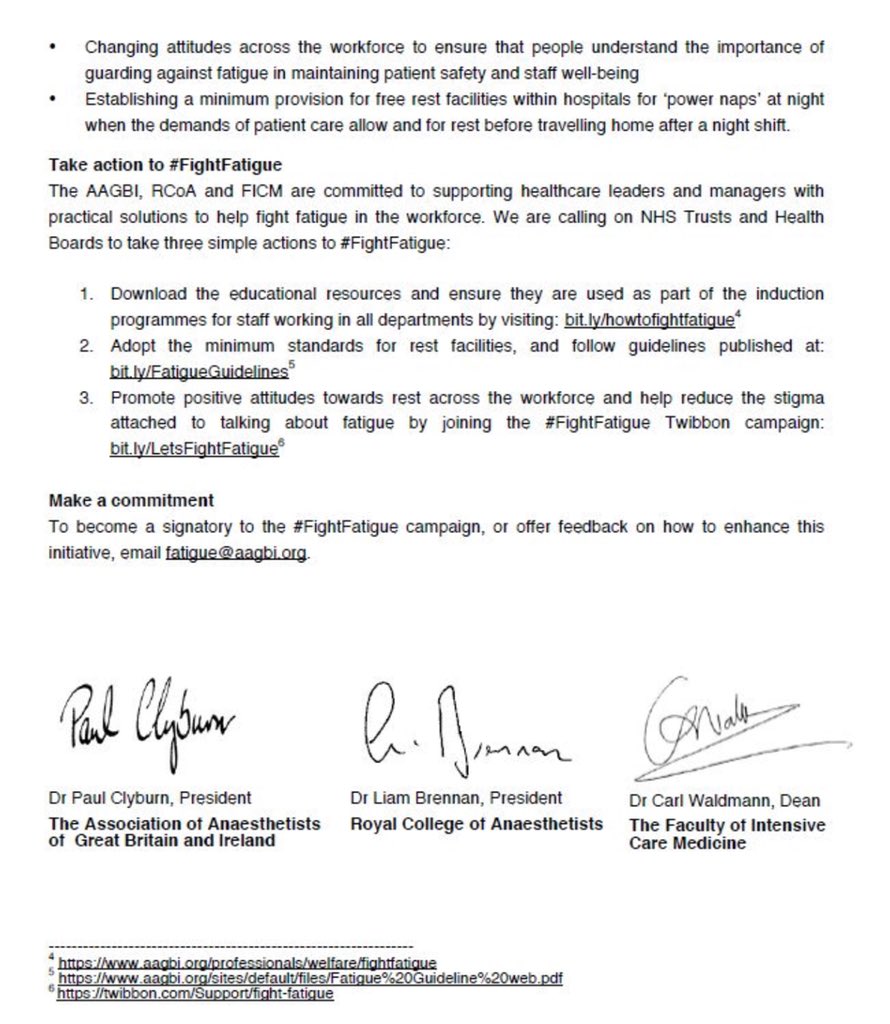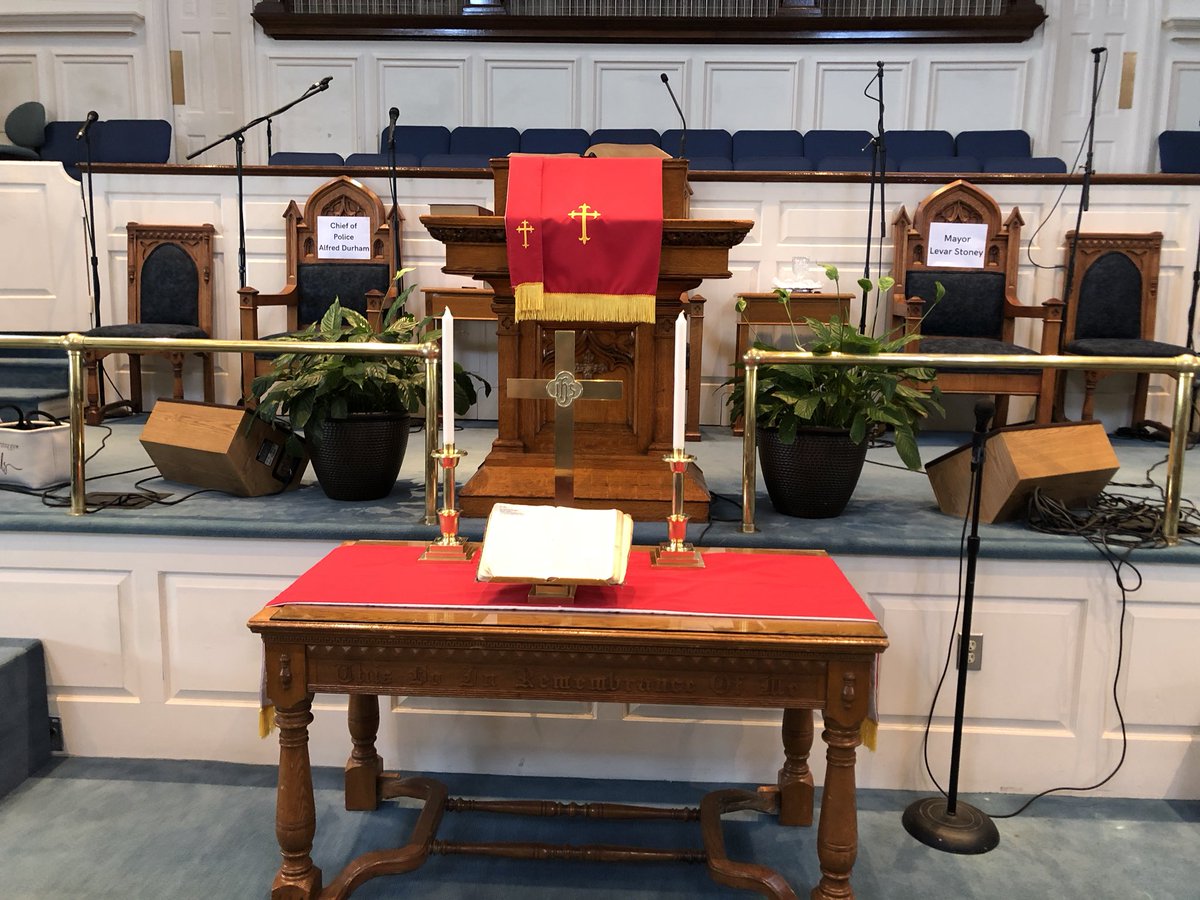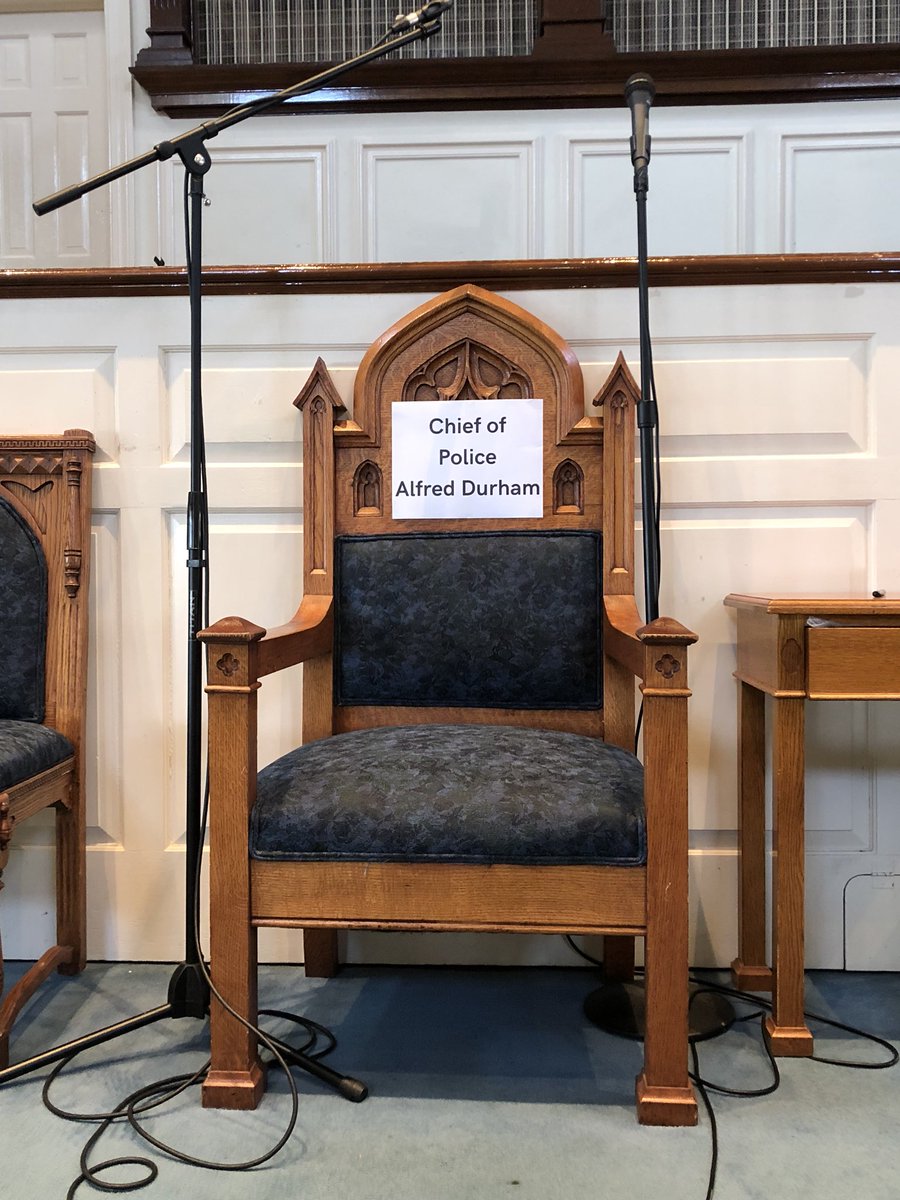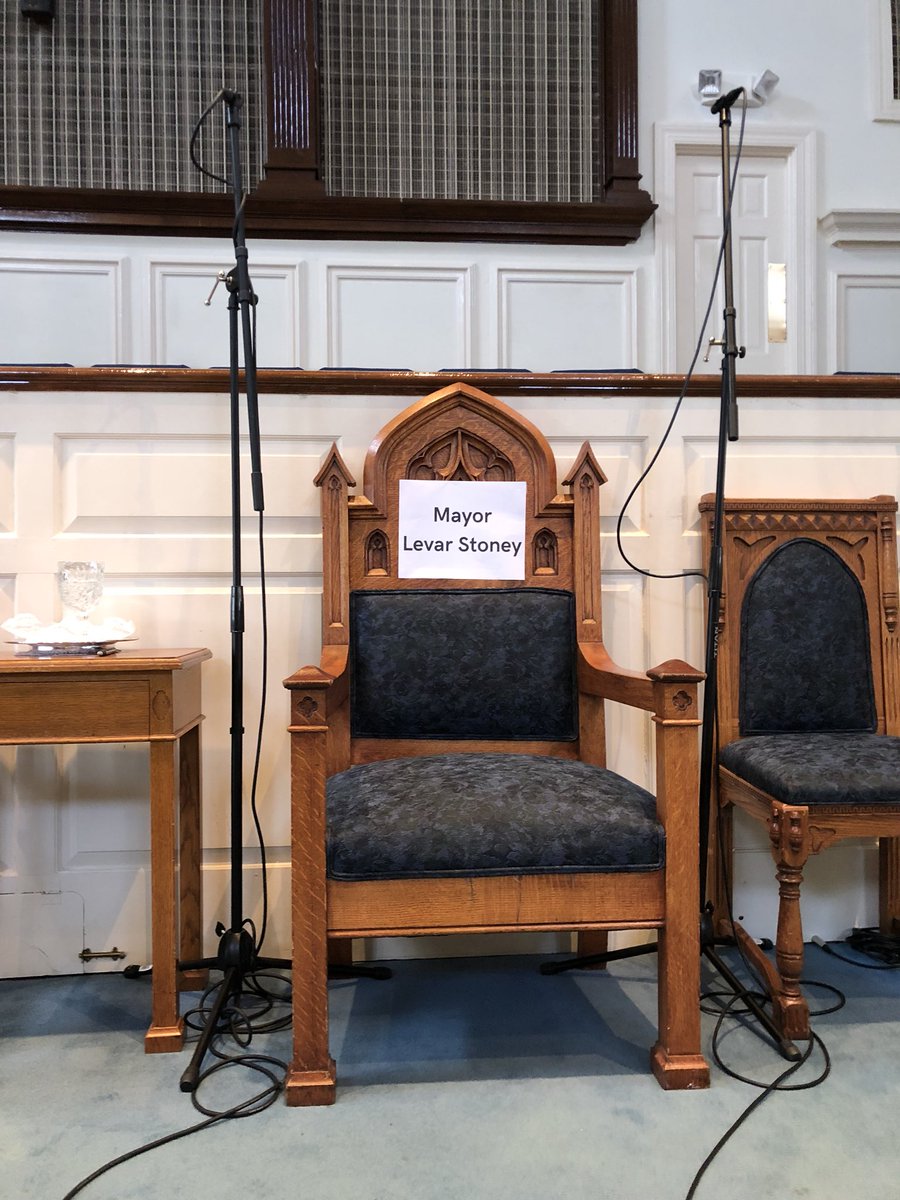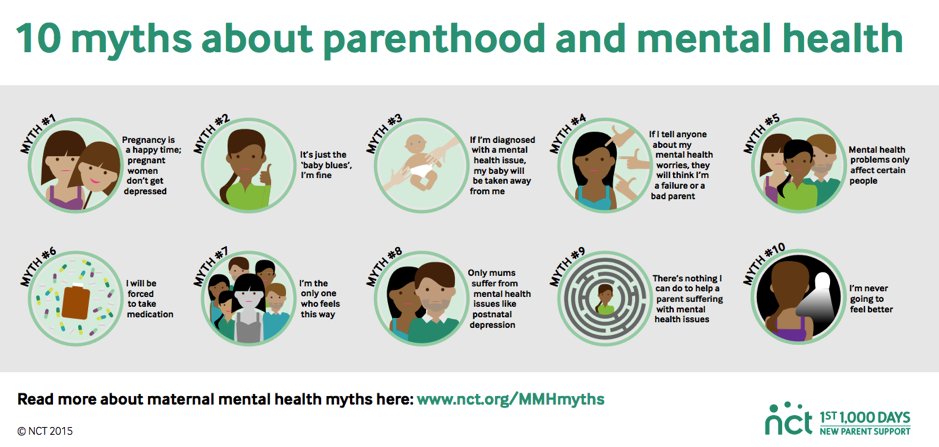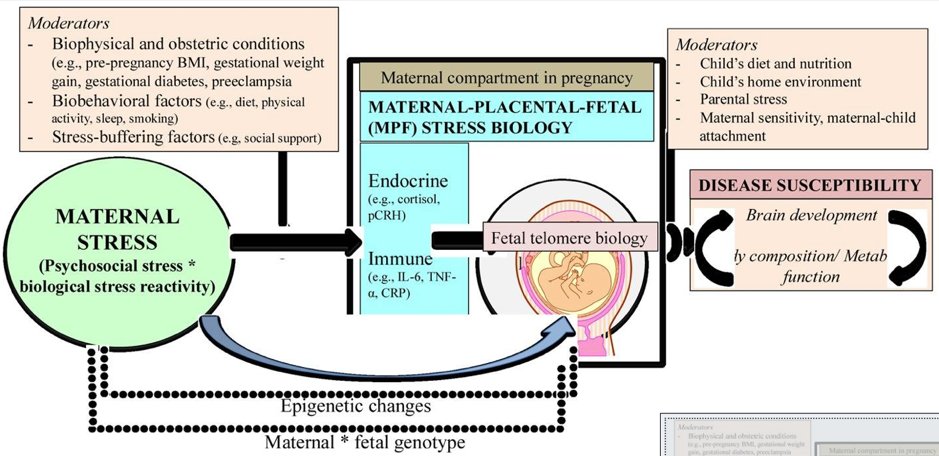Sleep is absolutely essential to your physical and mental health.
Sleep’s rhythms underpin everything you do, ensuring your brain and body are working at their best.
But we’re often bad at recognising that, and prioritising sleep in our lives

#WorldSleepDay

Most adults in the UK get about an hour’s less sleep than they need ... the equivalent of missing an entire night of sleep every week!
rsph.org.uk/about-us/news/…
#WorldSleepDay

When we prioritise sleep though, we feel better, we work better ... we make ourselves healthier.
Over the course of #WorldSleepDay I’ll hopefully persuade you!

We’ve long understood the importance of sleep ... Shakespeare’s Macbeth is basically a play-length argument that we need sleep, and things rapidly go off the rails without it
#WorldSleepDay

#WorldSleepDay

“Modern life” has felt pressured for a long time now, and its effect on sleep well-recognised
#WorldSleepDay

In the 19th Century it might have been Dickens’ latest page-turner stealing your sleep time ... in 2018, @netflix says their biggest competitor is sleep!
#WorldSleepDay

Problem is that leaves you sleep-deprived!
#WorldSleepDay

#WorldSleepDay

#WorldSleepDay

(I love old-school textbook writing style!)
#WorldSleepDay

#WorldSleepDay

It’s essential we look after our staff to be able to deliver safe, efficient, effective care to our patients
#FightFatigue

bma.org.uk/connecting-doc…

#WorldSleepDay
onlinelibrary.wiley.com/getIdentityKey…
#WorldSleepDay
guysandstthomas.nhs.uk/news-and-event…
#FightFatigue #WorldSleepDay

#FightFatigue #WorldSleepDay

#FightFatigue #WorldSleepDay

#FightFatigue #WorldSleepDay

#FightFatigue #WorldSleepDay
#WorldSleepDay

Duration: right amount for you
Continuity: no disruption
Depth: good quality
#WorldSleepDay

#WorldSleepDay

#WorldSleepDay

If you get 7 hours and you *need* 9 hours though ... you’ll be 2 hours sleep deprived *every* night.
Understanding your own sleep need is essential!
#WorldSleepDay

If you do, this catch-up sleep is called social jet-lag ... and is a strong marker of sleep deprivation!
#WorldSleepDay

#WorldSleepDay

#WorldSleepDay

#WorldSleepDay

Bedrooms should be cool, dark, quiet and comfortable. It’s worth investing to get it right!
#WorldSleepDay

#WorldSleepDay

We’ll come back to light and the body clock later!
#WorldSleepDay

#WorldSleepDay


#WorldSleepDay

#WorldSleepDay

#WorldSleepDay

(Espressos in the dark not a solution!)
#WorldSleepDay

#WorldSleepDay

Hi, my name’s Mike and I’m a sleep geek.
Oh, and a sleep doctor @EvelinaLondon )


It won’t surprise you to find out I said “No” ... but outdated attitudes still widely persist!
#WorldSleepDay #FightFatigue @TheBMA
bmj.com/content/358/bm…
This is the hypnogram ... the diagrammatic representation of normal sleep. Understanding it is the key to unlocking many of sleep’s features (and mysteries!)
#WorldSleepDay

Transitional/Light: nREM 1 and 2
Deep: nREM 3
“Dream”: Rapid Eye Movement (REM)

#WorldSleepDay

#WorldSleepDay

Deep sleep supports physical growth and repair. REM sleep is important for learning and emotional regulation. Light sleep plays a key role in memory processing.
But sleep is complex - and we still don’t understand it all!
#WorldSleepDay

#WorldSleepDay

If sleep is disrupted, children can ‘fail to thrive’ ... not grow as well as they should
#WorldSleepDay

#WorldSleepDay

#WorldSleepDay

#WorldSleepDay

#WorldSleepDay

#WorldSleepDay

#WorldSleepDay

The most fundamental rhythm of sleep is our body clock, our circadian drive, which acts like a master control to keep us awake by day, asleep by night ... unless we choose to fight it!
#WorldSleepDay

#WorldSleepDay

#WorldSleepDay

(We see this reflected in accident incidence figures)
#WorldSleepDay
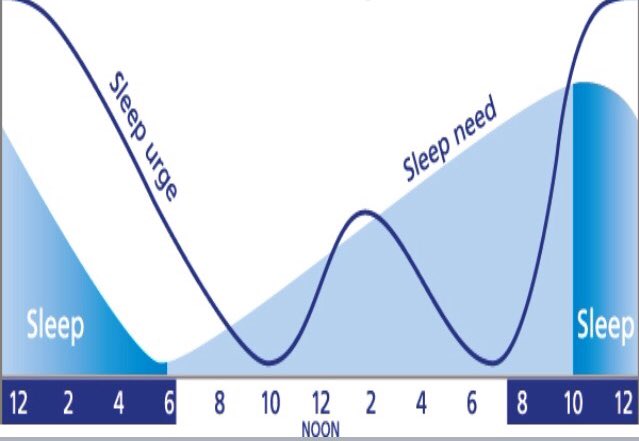
#WorldSleepDay

We should think better about that, and support them more
#WorldSleepDay #FightFatigue @bmj_latest
blogs.bmj.com/bmj/2017/10/06…
This body clock preference is partly genetic
#WorldSleepDay

We constantly resynchronise our clocks every day. Light is crucial to that process.
#WorldSleepDay

#WorldSleepDay

Light is the most powerful external influence on our body clocks. Regular exposure to light and dark entrains our sleep cycle.
We use “zeitgeber” - ‘time giver’ - to describe any factor which can do this
#WorldSleepDay

#WorldSleepDay

#WorldSleepDay

Suddenly ANY time of day could be brightly lit
#WorldSleepDay

#WorldSleepDay

#WorldSleepDay

When you then try to go to sleep at 10pm ... your brain thinks it’s 5pm - so, no sleep!
#WorldSleepDay

#WorldSleepDay

journals.sagepub.com/doi/abs/10.117…
#WorldSleepDay

#WorldSleepDay

Family docking stations are a good way to remind everyone!
#WorldSleepDay

#WorldSleepDay @bbchealth
bbc.co.uk/news/health-38…


Babies, for example, sleep longer overall, but in shorter bursts, and spend much more time in REM-like sleep - supporting the huge brain growth in first year
#WorldSleepDay

Honest truth is children have been disrupting parents’ sleep since the Stone Age. Often it’s normal variation, and not a medical problem
#WorldSleepDay

@EvelinaLondon @RCPCHtweets
#WorldSleepDay
kidssleepdr.com (free, but iOS only at the moment, sorry!)
#WorldSleepDay

nhs.uk/LiveWell/sleep…
#WorldSleepDay
babysleep.com
m.raisingchildren.net.au/sleep/toddlers… (great general resource for all ages!)
#WorldSleepDay
(Warning: not for young ears!)
#WorldSleepDay
More kids with sleep problems need super nanny rather than a sleep doctor.
#WorldSleepDay

Sleep medicine is a mix of common sense general paediatrics, neurology, respiratory, mental health, neurodisability and community paediatrics.
Sleep affects everything!
#WorldSleepDay

This, by Thomas Phayre, is from 16th Century Boke of Chyldren - the first English-language paeds textbook!
#WorldSleepDay @RCPCHtweets

#WorldSleepDay

...the day I have a simple ‘cure’ for that, I’ll be a very rich man!
#WorldSleepDay

#WorldSleepDay

#WorldSleepDay
evelinalondon.nhs.uk/our-services/h…

#WorldSleepDay @begley_roisin @PriyenShah86 (thanks both!)
Most are treatable.
#WorldSleepDay

#WorldSleepDay

That leads to next-day symptoms.
#WorldSleepDay

#WorldSleepDay

Kids with Down Syndrome <6yrs old, 73% incidence of OSA, 14% moderate or severe. Needs screened, and treated!
#WorldSleepDay @drcathyhill @DsmigUKIreland
secure.jbs.elsevierhealth.com/action/getShar…
Our @EvelinaLondon ENT surgeons are amazingly skilful at doing this even in children with complex conditions (though not *quite* as easy as with the Power Cosmic...)
#WorldSleepDay

We use simple oximetry (which measures oxygen level) to help our ENT team stratify severity pre-operatively
#WorldSleepDay

Problem is it’s not v sensitive, so not good for diagnosis
#WorldSleepDay

#WorldSleepDay

#WorldSleepDay

#WorldSleepDay

#WorldSleepDay

This is REM
#WorldSleepDay

This is sleep paralysis
#WorldSleepDay

In older times, people thought they were being attacked by demons. These days people more likely to think it’s an alien abduction!
#WorldSleepDay

Once I’d calmed down, it started a life long fascination with sleep (boosted hugely by @neilhimself)
#WorldSleepDay

They’re often telling you to need to improve your core sleep routine/habits!
Can run in families too.
Occasionally can point to other problems
#WorldSleepDay

It takes a bold doctor to name a scary - but usually benign - sleep condition “Exploding Head Syndrome” 🤯
#WorldSleepDay

Parents often need a stiff drink!
This is a sleep terror #WorldSleepDay

#WorldSleepDay

#WorldSleepDay
twitter.com/i/moments/8481…
#WorldSleepDay
Some of them will find it difficult because of the reasons they are in hospital in the first place.
Many though will struggle because hospitals are bad for sleep
#WorldSleepDay

Simple strategies can make big differences, like @GSTTnhs SSH campaign
#WorldSleepDay

Staff being a bit more consciously quiet, thinking about light, minimising unnecessary interruptions can help hugely.
#WorldSleepDay

Even small changes are a good start!
piernetwork.org/shh.html
#WorldSleepDay

Hopefully I’ve not filled up your timeline too much, and you’ve learnt something new or interesting or useful about sleep.
(This was me as a kid...I didn’t need an iPhone to stop me sleeping!)

If you think you need more help, discuss with your doctor. Drugs often not a good long-term solution.
#WorldSleepDay

Have a read of this: blogs.bmj.com/bmj/2017/10/06…
and this: ep.bmj.com/content/102/3/… @ArchivesEandP
#WorldSleepDay

Sleep is still full of mystery and magic and wonder.
It’s where science meets story, where medicine meets myth.
It is both rhythmical and random, and I t’s a privilege to spend so much of my life delving into it.
#WorldSleepDay




